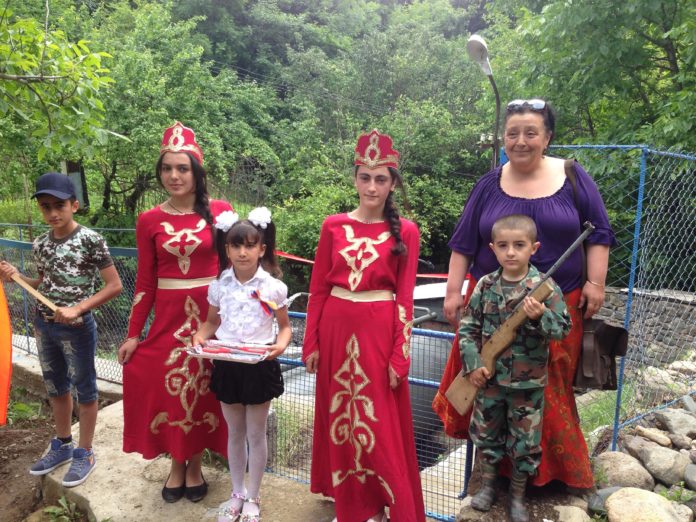By Florence Avakian
NEW YORK — It is not rare to find talented, professional females in Armenia, but Margarit Piliposyan stands out as a special dedicated leader, fomenting progress and innovation for one of the most important diasporan organizations bringing life-saving aid and development promises to Armenia — the Fund for Armenian Relief (FAR).
Joining this crucial group in 2007, Piliposyan serves as its vice chair and programs director in Armenia.
Graduate of the 1985 class of Yerevan State Institute of Russian and Foreign Languages, Department of the English language, with a major in English and French as a second language, Piliposyan’s desire was to become a professional translator/interpreter, calling it a “people-oriented field, a very good vehicle to connect with people.”
Following graduation, with almost no jobs in her specialty, she worked for one year as an English teacher in a vocational technical college which provided a labor force for factories. She then became a guide and interpreter for Intourist (the main Soviet Travel Agency) for six years, in the management unit, arranging everything for the incoming and outgoing tourists. “Being the youngest to join Intourist, I was the last hired, and when it was breaking up, I was the first fired,” she said.
During the disastrous 1988 earthquake and the Artsakh war, many horizons opened for “anyone who could help in the international rescue operations.” She did volunteer work on weekends, helping the Red Cross in Gyumri, until 1990. But a very dark period for Armenia started in 1992, when a five-year blackout took place with no electricity, no railroads, no tourists. “The system totally fell apart.”








